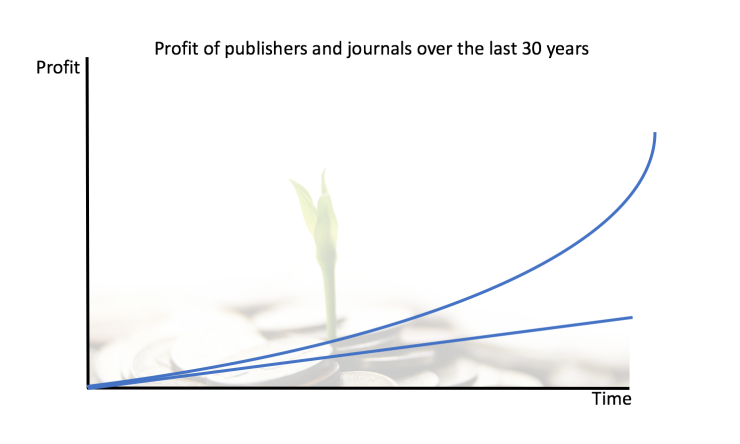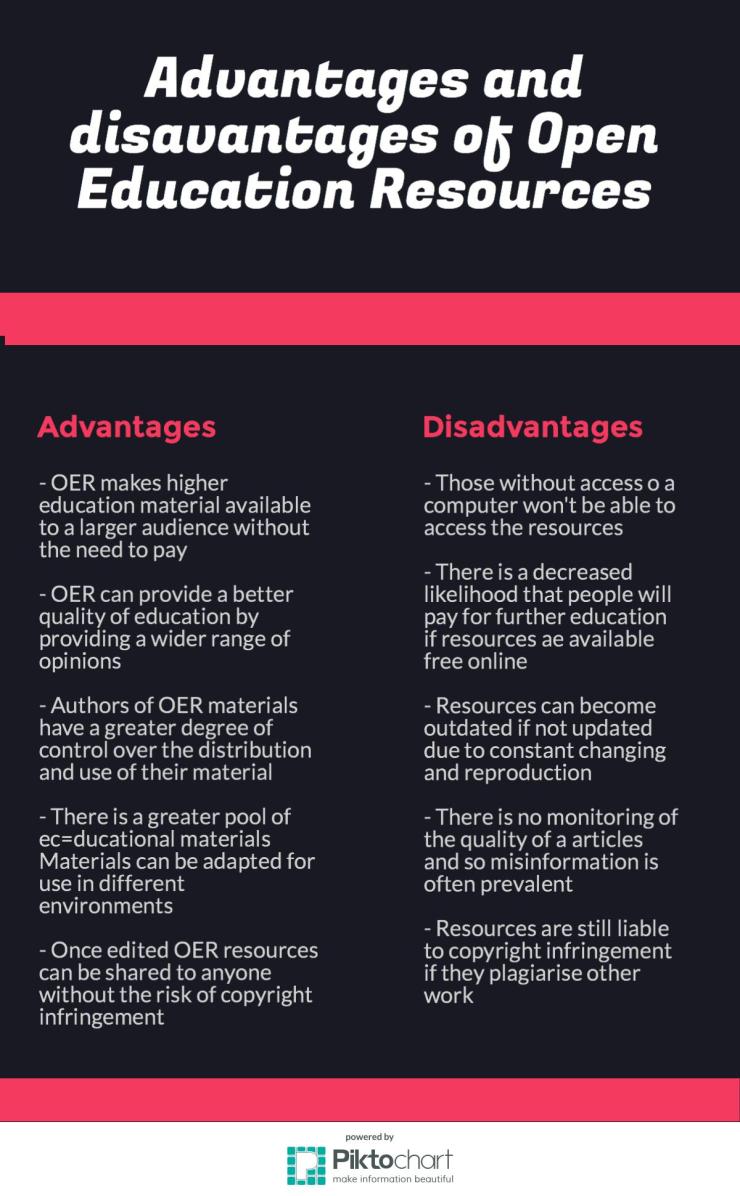With the rise of content online becoming less freely available without the need to pay there is a large debate around whether this content should be free.
A recent study predicts that over the next few years 90% of online content would be held behind a virtual paywall. However, this is against public belief as a recent poll by YouGov discovered that 49% of 16-24 year old’s believe that online content should be free
A successful example of providing content online for free is provided by Jordan Publishing who published one of their websites with free content. Since then traffic has risen significantly to over 26,000 unique visitors a month. It has been of further benefit as it allows targeted marketing to premium services which increase profits through other channels.
The obvious counter-argument however, is that there is a loss of revenue for firms by providing content for free however as shown by this example this can have a proportionate positive benefit. Yet the problem here is that this does not work for all industries as some businesses rely on paid content as income and so making this content free would remove the entirety of their revenue flow.
Mark Billige of Simon-Kucher & Partners argues that there is a solution to the problem which involves pricing content effectively so that both publishers and internet users can access the content regularly without the need for extortionate pricing.
If we focus on education then the main issue with paid online content is the large expense which is required for access. Some journals, for example, charge over $4,000 per year for a single subscription which is not feasible for many individuals or institutions. As shown by the graph below journals and publishers profits’ have risen disproportionately to inflation over the last thirty years.

Open Education Resources have begun to change the way in which content is accessed as they are providing resources at almost no cost. This has had a large benefit not only in making content available to learn from but also in helping to bring down the cost of education making it more accessible. Nevertheless, one disadvantage of online resources is that those with no access to a computer will be unable to utilise these resources which may increase the disparity between global education levels. Both the advantages and disadvantages of OER are shown in the infographic below.


Hi Gus,
This was a great summary of the debate towards Open Access, showing both sides of the argument.
You mentioned how Open Access provides resources at almost no cost, which whilst true for the reader may not always be the case for the authors. I think this can be an important influence discouraging content producers to make their content freely available, and should be mentioned within the debate. As discussed in this article http://www.nature.com/nature/focus/accessdebate/34.html to have journals free of charge, the author or their institution can be charged for publishing article processing fees. For example, Springer has an open choice programme where authors can publish their articles in the traditional manner to only subscribers, or pay $3000 to make their article available on Open Access. Do you think it’s unethical to charge content producers to distribute their work freely, or is it necessary to facilitate the spread of knowledge?
LikeLike
Hi Claire,
Thanks for sharing your opinion on the cost to authors. I would argue that it is unethical to charge so much to publish an article as it seems unjustified for them to be charged for the benefit of others I am also of the opinion however that this is an issue that there is no easy solution to and as such I am still looking for the ideal solution.
LikeLike
Hello Gus,
I appreciated the layout and structure to your blog. You summarised Open Access very well and managed to convey both the disadvantages and advantages of Open Access, as a whole, well in your infographic.
However, I feel you could have touched upon the benefits and drawbacks for content developers on making their content freely available a bit more. As Claire touched on, the producers of content may not want to make their content free. At the same time, it may bring them more exposure to do so. So I would like to know more of how you felt content producers could benefit, or not, from their content being free.
Also, I would love to know where you stood on the topic. I feel you have been relatively general and I would like to know more of your thoughts and opinions.
Thanks,
Kevin
LikeLike
Dear Gus,
This was insightful also see the positives and negatives to people who are not the content producers. However I feel that it was a more general approach and not really targeting the point of the advantage and disadvantages to content producers.
You mention Mark’s approach of not charging extortionate prices, however I have to introduce the notion of Supply and Demand. The demand to enter these journals are incredibly high due to the influence it can have on a career, so its a opportunity cost to the researcher. They are investing in their future. This allows the publishers to charge high prices because of the value of the research and content within. The benefits are there to the publishers regardless of the costs they incur, it can be seen as a stock investment.
What is your stance on this? The article below explains the value of publications.
Nikhil
http://voxeu.org/article/nine-facts-about-top-journals-economics
LikeLike
Hi Gus,
I really enjoyed your post this week, it was very informative and you managed to pack a lot of information into such a brief post. I was particularly intrigued by the graph you included to show the exponential increase of journal prices, as this is an area that I researched but couldn’t find a way to effectively visualise the issue, which you’ve done very well.
I also thought it was an astute observation to point out that the increase of online open access may actually contribute to an increase in the disparity of opportunity between those with access to the internet and those without, which is something that has perhaps been overlooked in the debate. Most people tend assume that everyone concerned has internet access, but you remind us that this is not a given.
I would perhaps have liked to get more of a sense of your own opinion from your post, rather than just providing summaries – although you did this very well indeed. Do you think that the benefits of open access outweigh the detriments on the whole? It’s interesting to consider different perspectives in the discussion, such as who benefits from what.
Overall I liked the structure of your post and your graphics were very informative. You could try to find some other forms of media to give your post an extra something, but I enjoyed it nonetheless.
Will
LikeLike